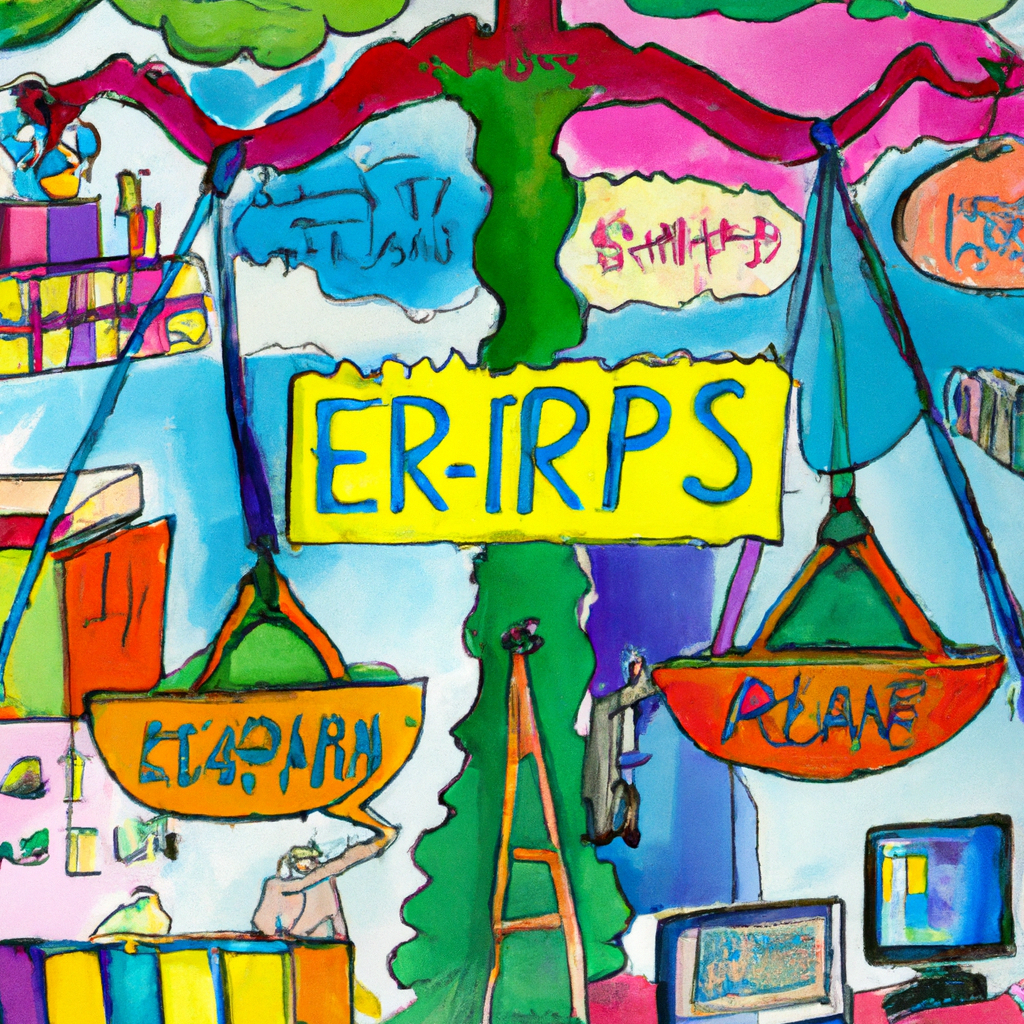In the dynamic world of business, the efficient management of supply chains is a critical determinant of success. One tool that has revolutionized supply chain management (SCM) is the Enterprise Resource Planning (ERP) system. ERP systems have become an indispensable part of modern businesses, providing a comprehensive, integrated, and streamlined approach to managing business processes.
ERP systems play a crucial role in SCM by providing a centralized platform that integrates all the key processes involved in the production and delivery of products. This integration allows for real-time visibility of information across the entire supply chain, enabling businesses to make informed decisions and respond quickly to changes in demand or supply.
One of the primary benefits of ERP systems in SCM is improved efficiency. By automating routine tasks and streamlining processes, ERP systems reduce manual labor and minimize errors, leading to significant time and cost savings. For instance, an ERP system can automate the process of order entry, reducing the time it takes to process orders and eliminating the risk of human error.
Another significant advantage of ERP systems is improved inventory management. ERP systems provide real-time data on inventory levels, allowing businesses to maintain optimal stock levels and avoid overstocking or understocking. This not only reduces inventory costs but also improves customer satisfaction by ensuring that products are always available when needed.
ERP systems also enhance collaboration and coordination among different departments and stakeholders in the supply chain. By providing a single source of truth, ERP systems ensure that everyone has access to the same accurate and up-to-date information. This facilitates better communication and coordination, leading to improved operational efficiency and customer service.
Furthermore, ERP systems provide valuable insights and analytics that can help businesses make strategic decisions. By analyzing data from various aspects of the supply chain, businesses can identify trends, patterns, and potential issues, allowing them to make proactive decisions and optimize their supply chain operations.
In addition, ERP systems can help businesses comply with regulatory requirements. By maintaining a record of all transactions and processes, ERP systems provide a clear audit trail, making it easier for businesses to demonstrate compliance with various regulations.
In conclusion, ERP systems play a pivotal role in supply chain management. By integrating key processes, improving efficiency, enhancing collaboration, providing valuable insights, and facilitating regulatory compliance, ERP systems enable businesses to manage their supply chains more effectively and efficiently. As the business landscape continues to evolve, the role of ERP systems in SCM is likely to become even more significant, making it essential for businesses to leverage these systems to stay competitive.

